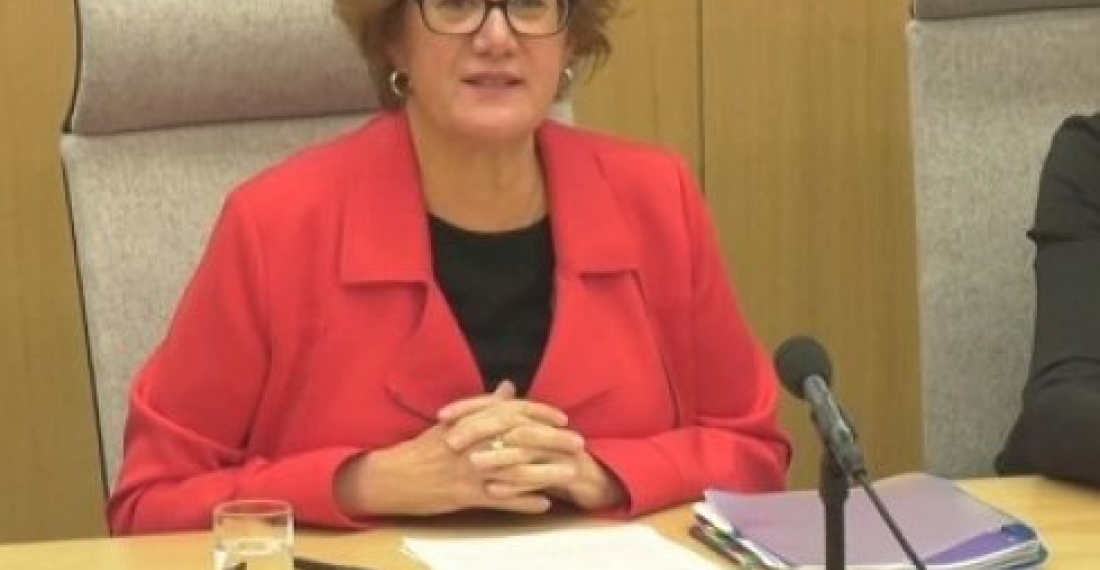"I am very much keen to pay bigger attention to the issues of women, peace and security. Without women at the table we will not be able to make much progress, whether about development, whether about security or peace". This was stated by Cihan Sultanoglu, the United nations Representative to the Geneva International Discussions whilst making opening reamarks at the 3rd Oxford Conference on contemporary South Caucasus issues held at Oxford University on 12 November 2018. Sultanoglu also reminded that she was the first woman to co-chair the Geneva International Discussions since they started a decade ago.
The conference was organised by LINKS and RESC in the framework of the European Union's EPNK programme with the theme "Regional Co-operation in the South Caucasus: elusive but necessary".
You can watch Mrs Sultanoglu opening remarks on the commonspace.eu youtube channel here
source: commonspace.eu
photo: Cihan Sultanoglu






